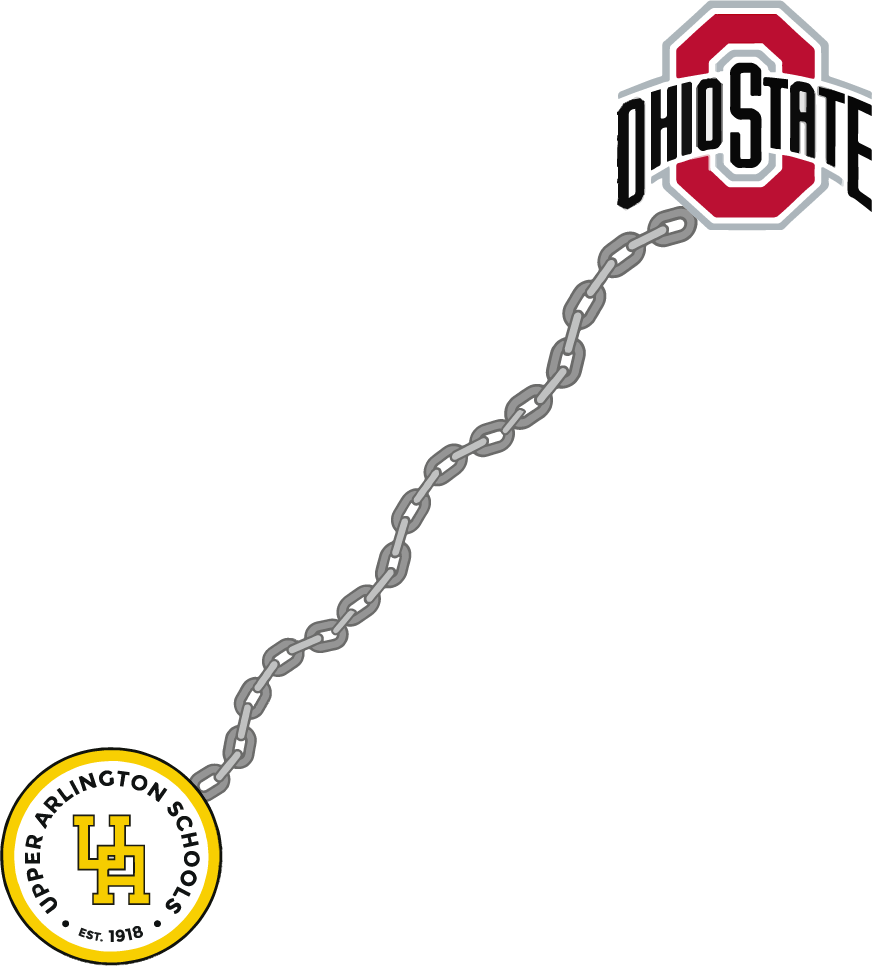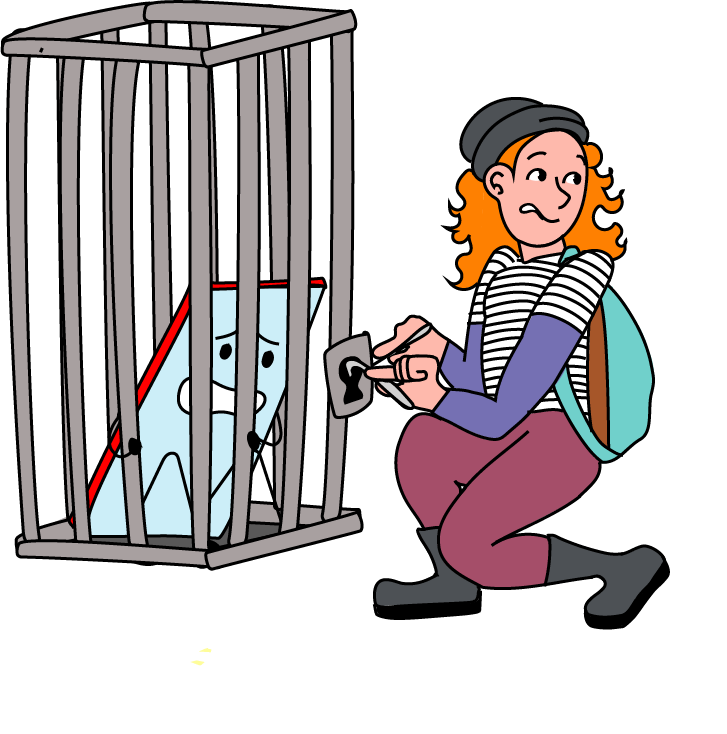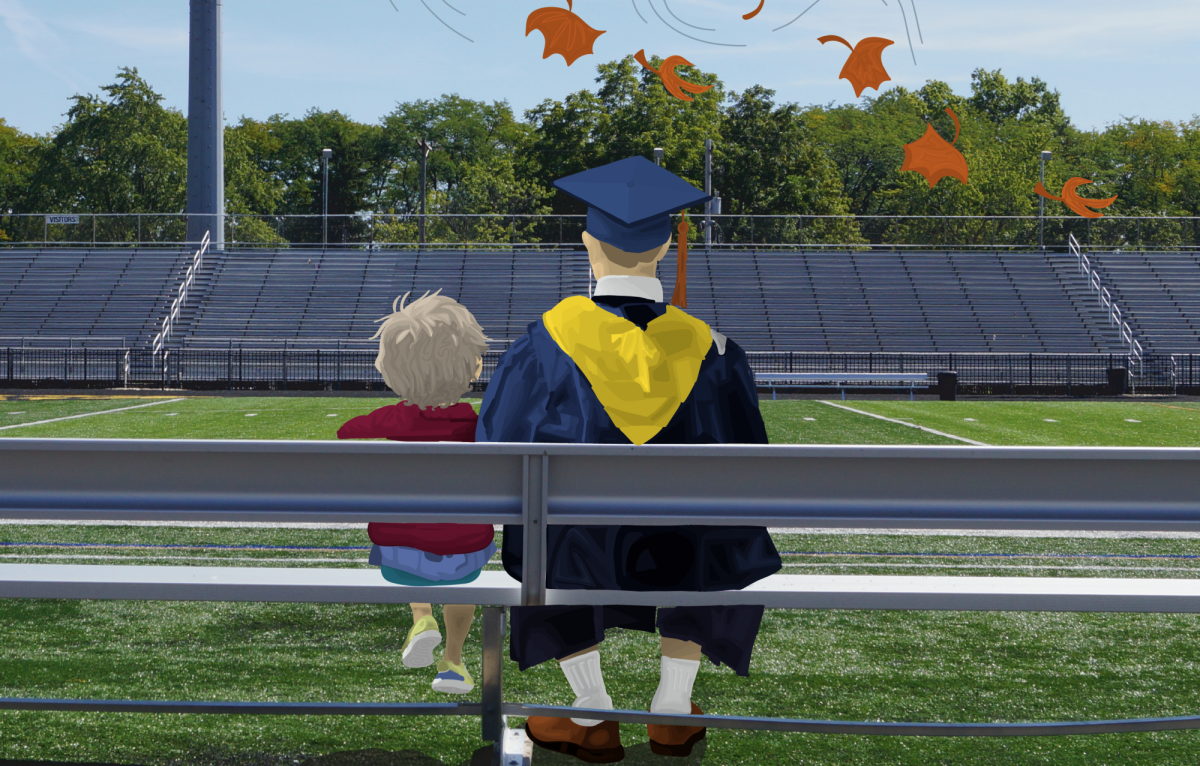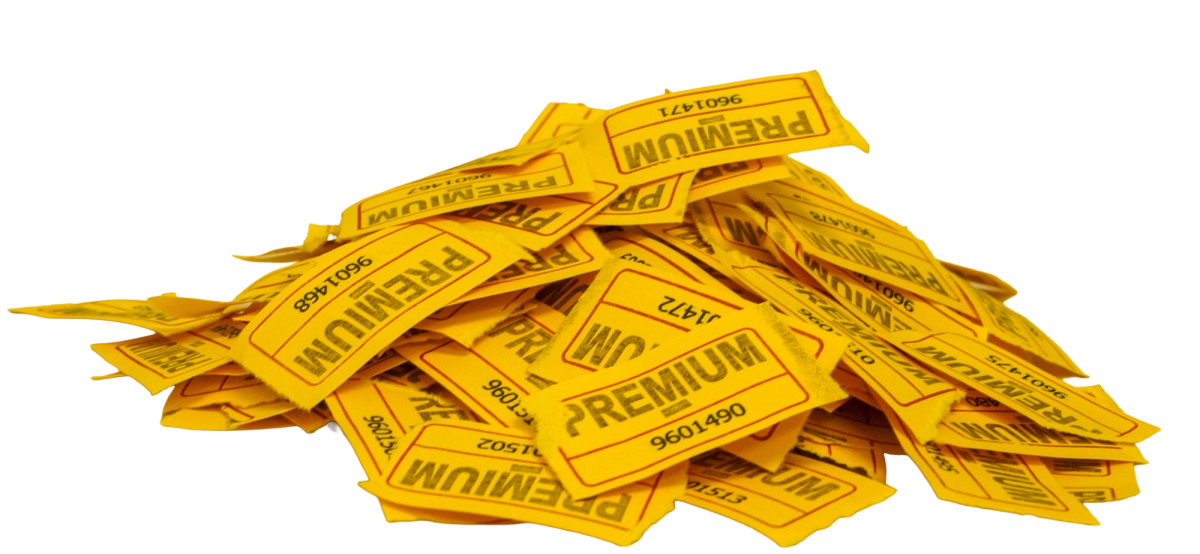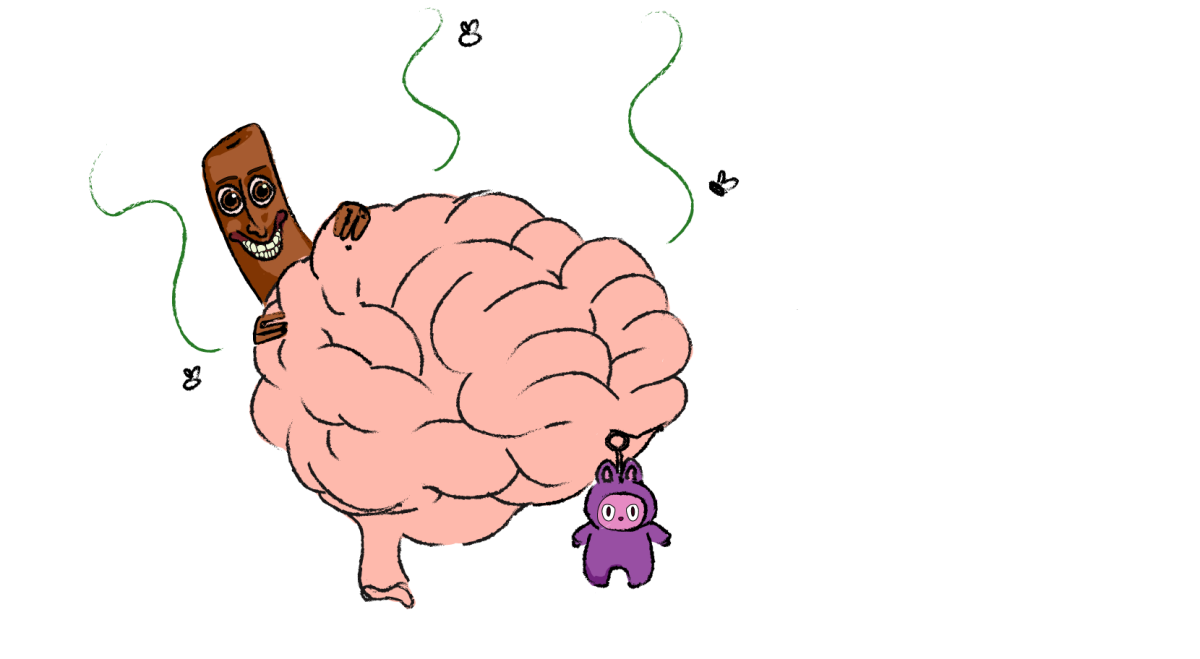U.S. Army helicopters, a soaring bald eagle, bold stars and stripes: As of Jan. 20, these are the images now greeting a person who visits the White House website. The symbols unmistakably signify “American patriotism.”
Inherently, love and gratitude for one’s country isn’t a partisan topic, and many would argue that it shouldn’t be. However, a growing number of people have expressed that patriotism is more associated with unwavering nationalism and specific political ideologies.
Some people view it as less of an overall feeling of gratitude and pride towards a “homeland” and instead, see it as an idea coinciding with politics. “I’m not patriotic,” senior Amirah Elsayed-Awad said. “Especially politically – why would I support [the government] if they’re doing stuff that’s bad for me?”
Support or disapproval of the government has a direct impact on any feelings of pride in the country. Elsayed-Awad explained her lack of confidence in those in power.
“They don’t actually acknowledge the flaws that are in the system,” she said. “They’re like, ‘we’re the greatest at everything. Here’s a billion dollars to something that has a high disapproval rating anyway.’”
Moreover, some consider patriotic symbolism to be politically affiliated with the right wing. Junior Fio Farley shared his opinion.
“It probably aligns more with Republican points of view,” he said.
Jim Prater is a part of Upper Arlington Progressive Action, a grassroots political organization. As a politically active member of the community, he gave his opinion on if patriotism has been politicized and why this could be the case.
“Conservatives have somehow equated patriotism and the flag with their causes,” he said. “I think it [is] in the minds of most people, but I think that’s completely wrong. The display of the American flag should be apolitical.”
Prater explained a correlation between patriotism and the past.
“I think we are less patriotic now than we were,” Prater said. “Patriotism involves giving people a chance, and we tend [to want] to close the doors and go back to a time [during which] we think things were better, but in fact, they weren’t.”
While left-leaning beliefs look toward progressivism, right-leaning beliefs tend to look toward conservatism. Most political figures who favor a return to ideas traditionally from the past – whether family structures or politics in general – are part of the Republican Party. Due to the fact that some see a connection between strong pride in America and the past – or conservative values – patriotism can become associated more with the Republican Party.
The notion of American pride as a recollection of the past is not an uncommon viewpoint and is one reason some are reluctant to consider themselves “proud” of the United States. Those with a more progressive ideology might feel disconnected from that idea of patriotism.
Conspicuous symbols of U.S. patriotism, such as the ones featured on the White House website, may remind people of their qualms about American pride. The Fourth of July can be a flamboyant display of “patriotic” symbols and colors, especially in Upper Arlington. For some, though, this imagery can elicit negative feelings.
“I think of what this country was founded on: slavery, genocide,” Elsayed-Awad said.
For her, American flag imagery and extreme patriotism correlates directly to the country’s indelible history.
“I think the American flag has bad connotations based on the foundation of the country,” she said.
Some feel disillusioned by the idea that being patriotic would mean unquestionably supporting a flawed country.
“The way that our country views patriotism is very one-sided. It’s more of ‘we are American, no matter what bad our country’s doing,’” Farley said.
Labeling oneself as a “patriot” can also mean acknowledging a country’s flaws and then working toward its betterment. Prater expanded on this idea.
“There used to be a slogan: ‘my country, right or wrong.’ And I don’t believe in that,” he said. “I think our country can be wrong, and I think we can point out those shortcomings and still be called patriotic.”
Not only can patriotism and criticism coexist, but Farley argued that they are intertwined and shouldn’t be separated.
“Real patriotism is being able to criticize your own country while still being there to help support it,” he said.
On the Fourth of July, Upper Arlington practically bleeds red, white and blue. Fireworks explode all night, Americana decorations and attire line the streets. It is unclear whether this spirit reflects celebratory tradition or genuine pride in the country’s actions and values.
Whether patriotism is a Fourth of July celebration or an ideology in itself, it has no single definition or expression.
“‘Patriotic,’ to me, means trying to bring out the good in everyone,” Prater said.



